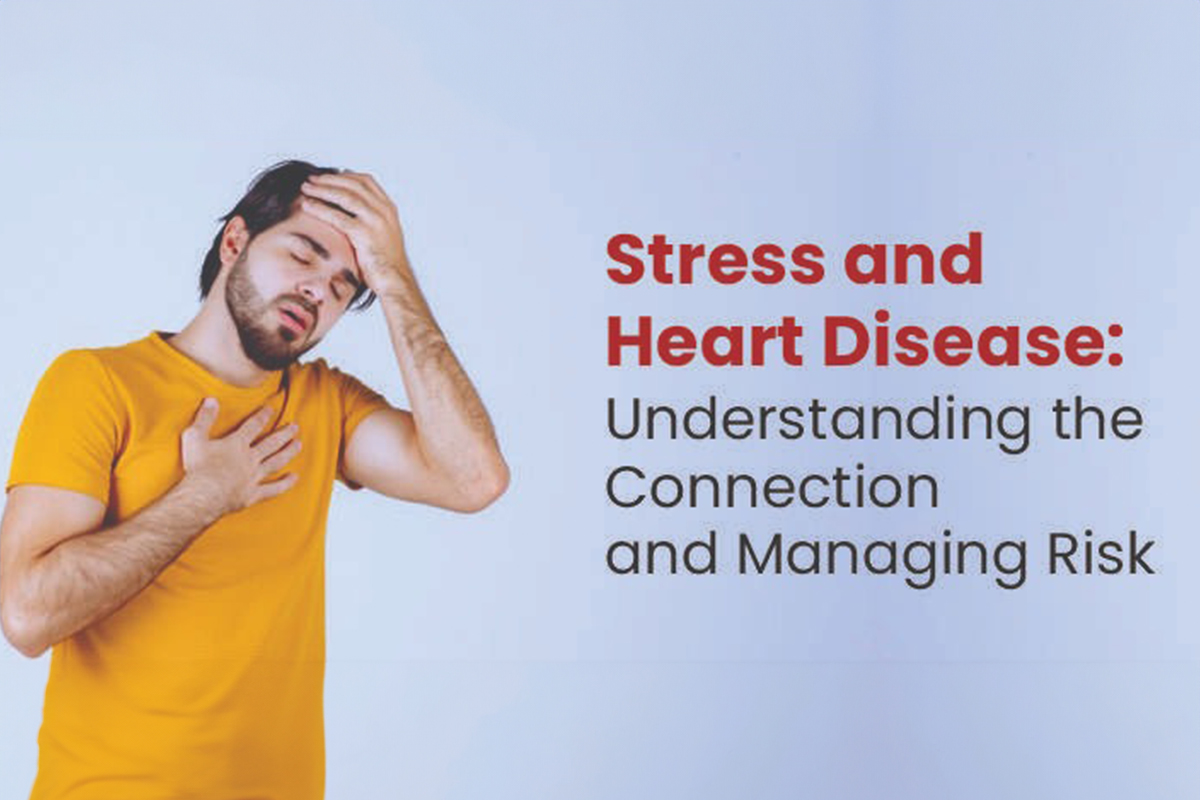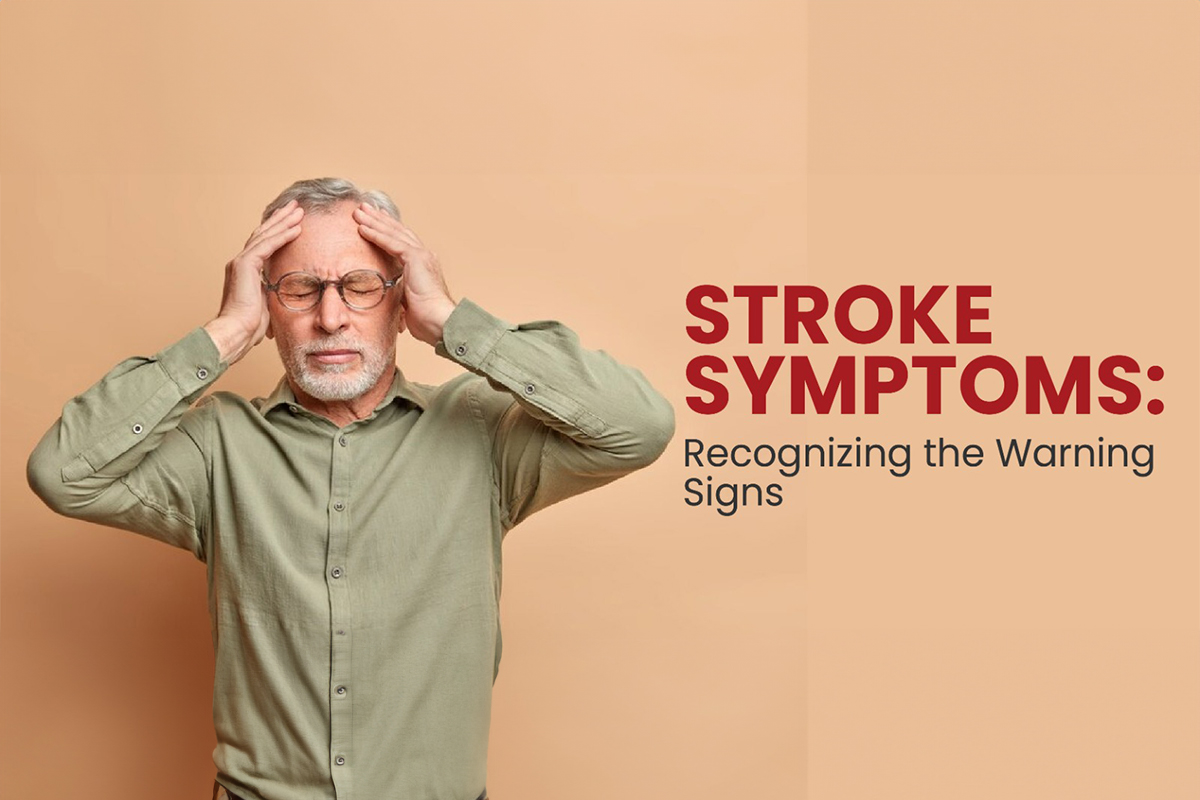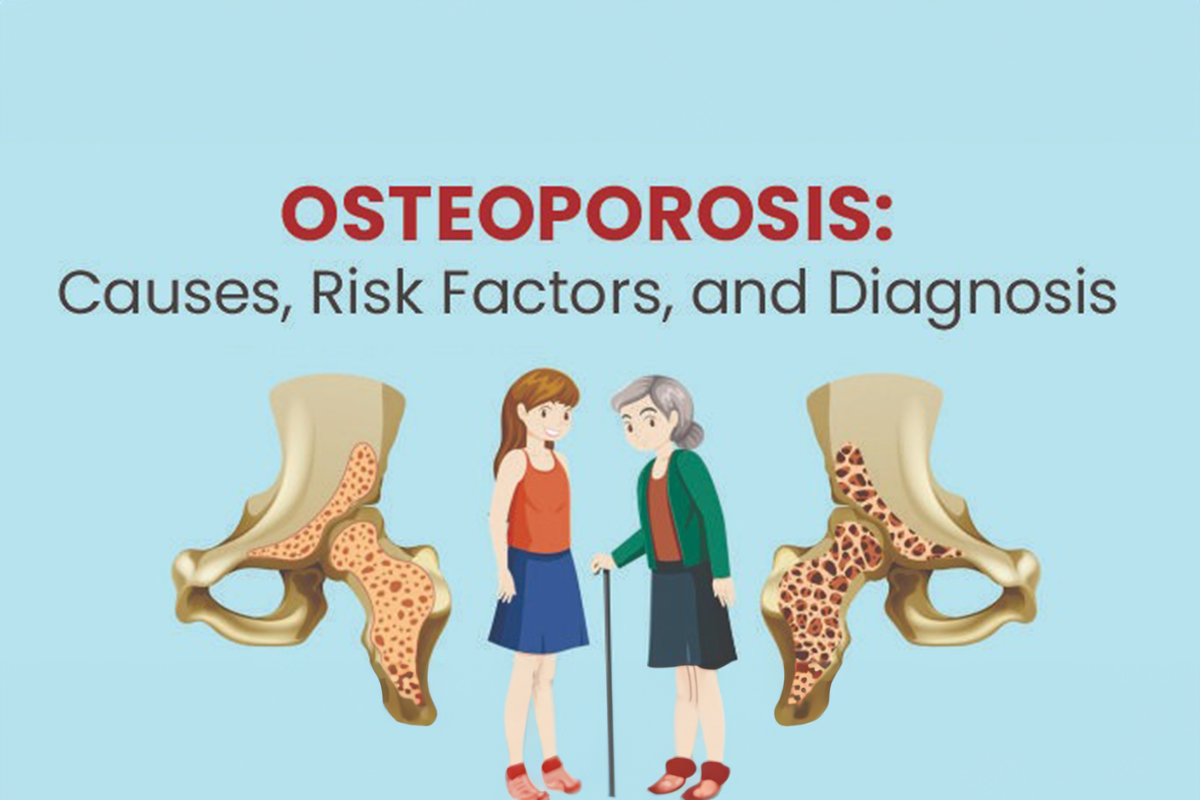
Stress and Heart Disease: Understanding the Connection and Managing Risks
By Dr. Sushma Sharma in Cardiology
Oct 12, 2023
Stress is a common factor in our fast-paced modern lives, and its impact on health, particularly heart health, cannot be underestimated. In this article, we will explore the connection between stress and heart disease, the mechanisms involved, and strategies for managing stress to reduce the risk of developing heart-related conditions.
The Link between Stress and Heart Disease
Research has established a clear association between chronic stress and an increased risk of heart disease. Prolonged exposure to stress triggers a cascade of physiological responses, including the release of stress hormones like cortisol, which can lead to inflammation, elevated blood pressure, and an imbalance in the autonomic nervous system. These factors contribute to the development and progression of cardiovascular diseases, such as hypertension, coronary artery disease, and arrhythmias.
Stress and Lifestyle Factors
Stress often leads to unhealthy coping mechanisms, such as poor dietary choices, lack of exercise, increased alcohol consumption, and smoking, all of which are known risk factors for heart disease. The combination of stress and these unhealthy behaviors further exacerbates the risk, creating a vicious cycle. It is essential to address both stress management and adopt healthy lifestyle habits to mitigate the impact of stress on heart health.
Stress Management Techniques :
Managing stress effectively is crucial for maintaining heart health. Various strategies can help individuals reduce stress levels and improve overall well-being. These include:
Physical Activity: Engaging in regular exercise and physical activity helps reduce stress, improve mood, and promote cardiovascular fitness.
- Relaxation Techniques: Practicing relaxation techniques such as deep breathing exercises, meditation, yoga, or tai chi can help calm the mind and reduce stress.
- Social Support: Maintaining strong social connections and seeking support from loved ones can provide emotional support and help manage stress.
- Time Management: Prioritizing tasks, setting realistic goals, and practicing effective time management can reduce feelings of overwhelm and stress.
- Healthy Lifestyle: Adopting a balanced diet, getting adequate sleep, and limiting alcohol and tobacco use are essential for overall health and stress management.
Seeking Professional Help
In some cases, stress may be overwhelming and difficult to manage independently. Seeking professional help from a therapist, counselor, or support group can provide valuable guidance and support in coping with stress. These professionals can help individuals develop personalized strategies and techniques for managing stress effectively, thereby reducing the impact on heart health.







